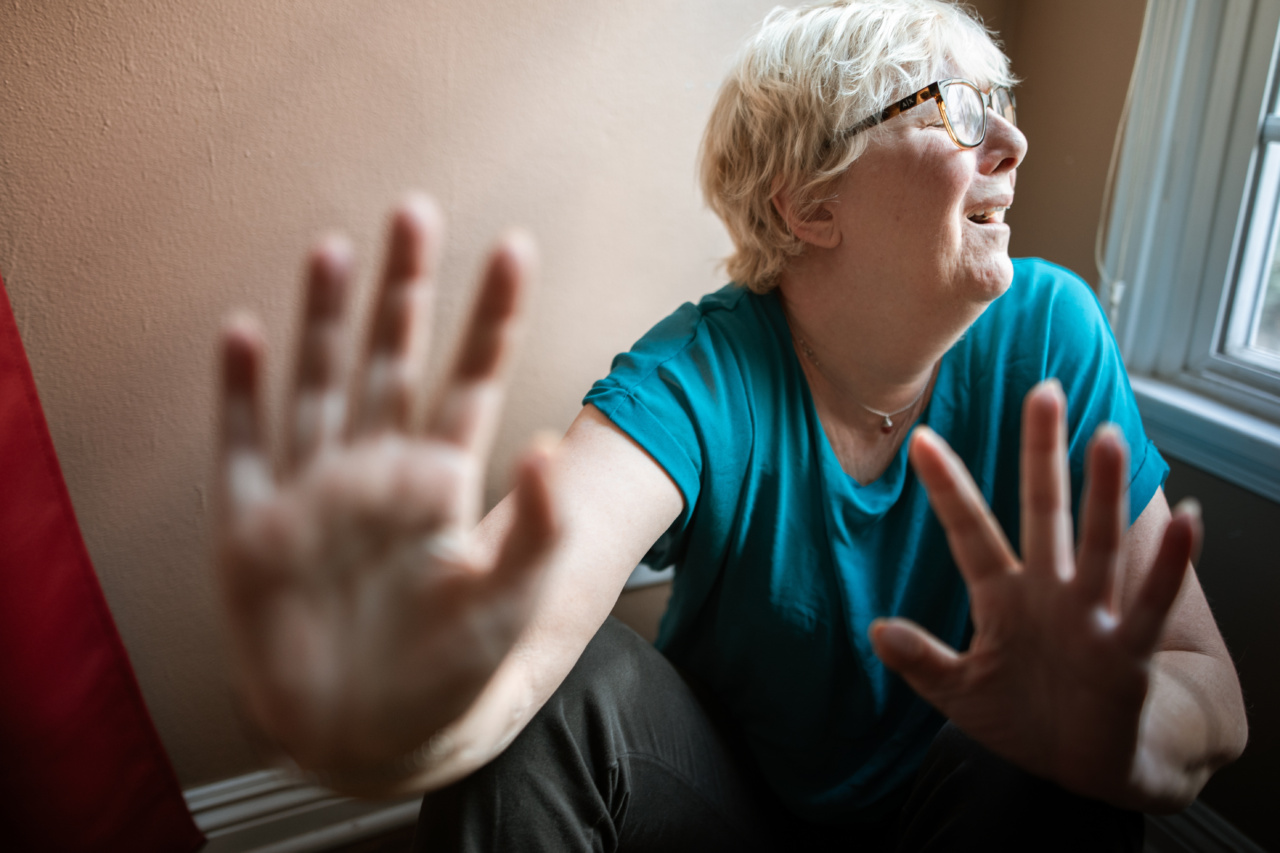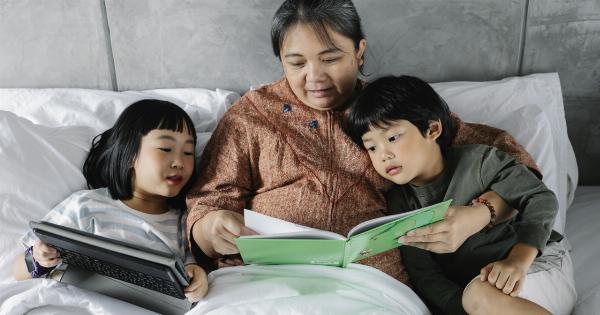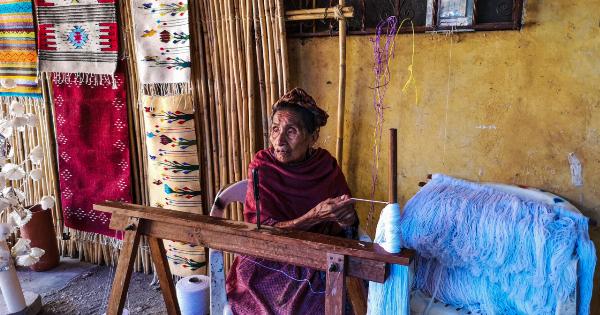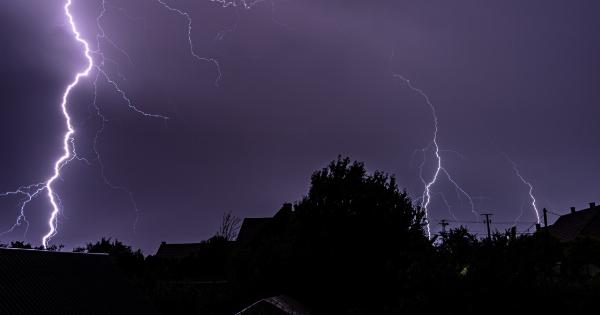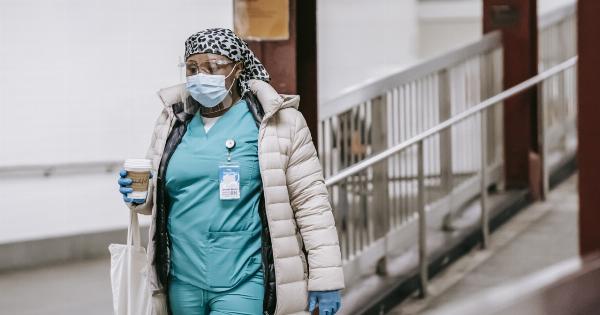Child sexual abuse is a harsh reality that affects countless children around the world. It is a deeply distressing and pervasive issue that has lifelong repercussions for survivors.
Breaking the silence surrounding child sexual abuse is crucial in order to create awareness, support survivors, and ultimately, prevent future acts of abuse. In this article, we delve into the insights on child sexual abuse from Alexandra Kappatou, an advocate and expert in this field.
Understanding Child Sexual Abuse
Child sexual abuse refers to any sexual act between an adult and a child or between two children when one exerts power over the other.
It can involve but is not limited to, direct physical contact, such as sexual assault or rape, as well as non-contact activities like exposing a child to sexual materials or grooming them for exploitation.
The Impact on Survivors
The consequences of child sexual abuse are profound and extend far beyond the initial act. Survivors often face a range of emotional, psychological, and physical challenges.
They may experience feelings of shame, guilt, and low self-esteem, as well as depression, anxiety, post-traumatic stress disorder (PTSD), and even suicidal ideation. These long-lasting effects highlight the urgent need for support systems and resources to help survivors heal and rebuild their lives.
The Importance of Breaking the Silence
Breaking the silence surrounding child sexual abuse is crucial for several reasons. Firstly, it creates awareness and helps society recognize the signs and effects of abuse, making it easier to identify and report potential cases.
Secondly, it empowers survivors to share their stories and seek justice, support, and healing. Lastly, it serves as a deterrent, sending a strong message that child sexual abuse will not be tolerated, and perpetrators will be held accountable.
Insights from Alexandra Kappatou
Alexandra Kappatou is a renowned advocate for child sexual abuse survivors and has played a significant role in raising awareness and promoting change in this area. Through her work, she has gained valuable insights and perspectives on the issue.
The Power of Education
Kappatou emphasizes the importance of education in preventing child sexual abuse.
She advocates for comprehensive and age-appropriate sexual education programs that teach children about their bodies, boundaries, consent, and the difference between appropriate and inappropriate behavior. By empowering children with knowledge, they can better protect themselves and understand when something wrong is happening.
The Role of Support Networks
Kappatou stresses that support networks are essential for survivors of child sexual abuse. This includes family, friends, therapists, and support groups.
Having a safe space to share experiences and emotions without judgment can be pivotal in the healing process. Support networks also play a vital role in advocating for survivors’ rights and helping them navigate legal systems if they choose to pursue legal action against their abusers.
Advocacy and Policy Change
Advocacy and policy change are central to breaking the silence surrounding child sexual abuse. Alexandra Kappatou believes that governments, institutions, and organizations must work together to implement robust policies and prevention strategies.
This includes strengthening child protection laws, improving access to resources for survivors, and providing training for professionals who work with children.
Community Engagement
Kappatou emphasizes the importance of engaging the community in conversations about child sexual abuse.
By eliminating the stigma and shame associated with discussing this topic openly, society can create a safe environment for survivors to come forward and seek support. Community engagement also fosters a collective responsibility to protect children and prevents the isolation of survivors.
Conclusion
Child sexual abuse is a grave issue that requires urgent attention and action. Breaking the silence surrounding this topic is instrumental in creating awareness, supporting survivors, and preventing future abuse.
Insights from advocates like Alexandra Kappatou shed light on the importance of education, support networks, advocacy, policy change, and community engagement in addressing child sexual abuse. By working together, we can build a safer and more compassionate world for our children.
